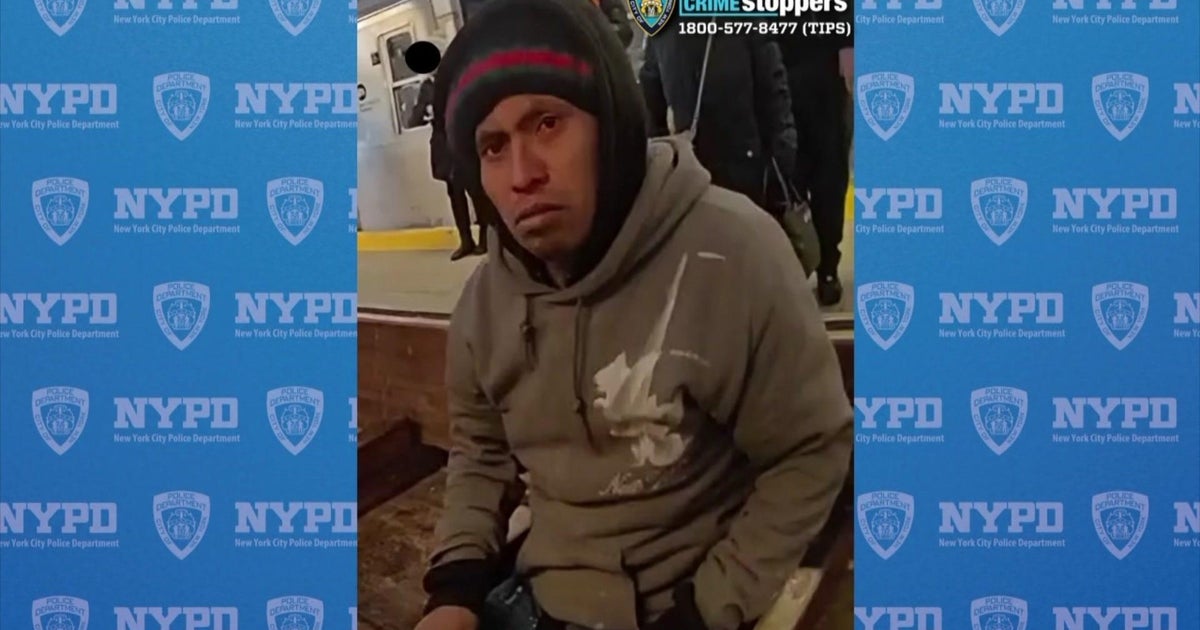Mayoral Control Of NYC Schools Set To Expire After NY Legislature Adjourns Without Deal
NEW YORK (CBSNewYork/AP) -- In a major blow, New York lawmakers adjourned their 2017 session and left the state Capitol Wednesday without a deal to extend Mayor Bill de Blasio's control of New York City schools, but the mayor is not pushing the panic button just yet.
Mayoral oversight of schools, first enacted in 2002, will expire June 30. If the policy lapses, control will revert to a mosaic of local school boards.
But de Blasio's not pointing fingers or expressing anger over the fact that lawmakers were unable to craft a compromise, CBS2's Marcia Kramer reported. That will come later if there's no deal.
"If, God forbid, mayoral control lapses, then there will be more than enough to talk about on who's responsible," de Blasio told The Brian Lehrer show. "They've got a chance now to avoid something that would be absolutely destructive to our school system."
"Let's give people a chance to come back and fix this," he added.
Shael Polakow-Suransky has a unique perspective, as a teacher and administrator for the old board of education and deputy chancellor when mayoral control was in effect. He told Kramer it could impact next school year.
"I think we have a real problem, because if they don't come back and pass this legislation by June 30, we're putting the whole school system at risk," he said.
"Summer is the time when the school system is in high gear for planning," he added. "There's a whole lot that you have to get right... Over 100 new principals have to be put in place... something on the order of 6,000 teachers need to be hired and placed."
Not everyone is in agreement that having the mayor run the school system is the best of all possible worlds.
Recent polls show that New Yorkers oppose mayoral control by wide margins.
"I would say a partnership between both," one man said. "The people of the community, because they know what they need."
"The community," another added.
"They mayor, because he can do a lot more than the community," a woman said.
While top lawmakers agreed on the benefits of having centralized leadership of city schools, they remain at odds about Republican proposals to link an extension to charter schools.
Republican Senate Leader John Flanagan, of Long Island, sought to raise the cap on the number of charters allowed in the city, but Democratic Assembly Speaker Carl Heastie, of the Bronx, refused to include the charter cap in the negotiations over mayoral control.
"I believe in mayoral control," Flanagan said. "Are we there yet? No. If we need to come back to Albany we'll come back."
Heastie, however, dismissed the idea that lawmakers would return.
"I have no intention of coming back," he told reporters after his chamber adjourned shortly before midnight.
Dick Datey, who heads the good government group Citizens Union, called the stalemate unacceptable.
"Public education of our children subject to the kind of political jockeying and used as a political football is just beneath many of those who are serve in Albany," he told WCBS 880's Marla Diamond.
Flanagan issued a statement late Wednesday night, saying: "I will continue to work to extend mayoral control because I believe very strongly in the accountability it provides, but I also believe that the 50,000 boys and girls in Harlem, Brooklyn and the Bronx who are now on waiting lists for a seat inside a charter school deserve the best possible education we can provide."
De Blasio argues he's not against charter schools.
"If your position in the world is 'I want to see more charter school seats,' they're already coming," he said. "They're already coming because the sector is growing naturally."
The policy lapsed once before, briefly, in 2009, but was reinstated before any significant impact was felt.
If mayoral control goes away for good, control of city schools would revert to a seven-member single board of education and 32 local districts. The city estimates that could create $1.6 billion in added administrative costs over 10 years.
Supporters of mayoral control say it has led to higher academic performance and programs such as universal pre-kindergarten.
"If Albany doesn't get this done there's going to be a lot of angry people in the city," de Blasio told WCBS 880 Wednesday.
But for the mayor, who is running for reelection, the stalemate in Albany over the control of schools may be an unwanted distraction, giving his opponents an opportunity to question his influence and power with state lawmakers.
(© Copyright 2017 CBS Broadcasting Inc. All Rights Reserved. The Associated Press contributed to this report.)



